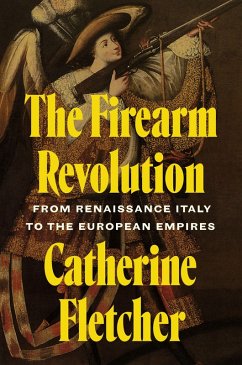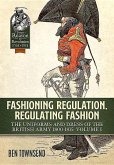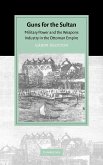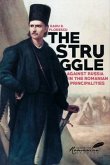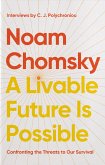A groundbreaking account of how firearms changed Europe and the world In Renaissance Italy, the gun was not only a tool of war but also a desirable object, a luxury item carried at court. Guns were in use on the battlefield by 1440; later in that century Leonardo da Vinci sketched a design for a faster-firing, more portable handgun that could be hidden beneath a cloak. As the gun proliferated in society, it became both a means of self-defence and a threat to civic order. In The Firearm Revolution, historian Catherine Fletcher explores the emergence of firearms in Renaissance Italy and beyond, describing the social transformations that accompanied the evolution of the handgun from innovative military technology to widely used personal accessory. Fletcher shows that as guns became smaller and the new wheellock mechanism made concealed carry possible, Italian states increasingly tried to control their use—even as they viewed firearms as necessary for their militias. In the end, Fletcher reports, the importance of civic defence trumped the concern for social order. As guns became ever more acceptable, stories of how firearms aided Europeans’ overseas conquests created a new and more positive image for a weapon once considered the devil’s work. Debates over the regulation of firearms five centuries ago—which included arguments over the restriction of gun ownership, the use of guns for self-defence and the regulation of an armed militia—in many ways anticipate discussions about gun control today. Fletcher’s groundbreaking account sheds new light on how governments weighed the competing priorities of defence and social order as they set out to build empires.
Bitte wählen Sie Ihr Anliegen aus.
Rechnungen
Retourenschein anfordern
Bestellstatus
Storno

